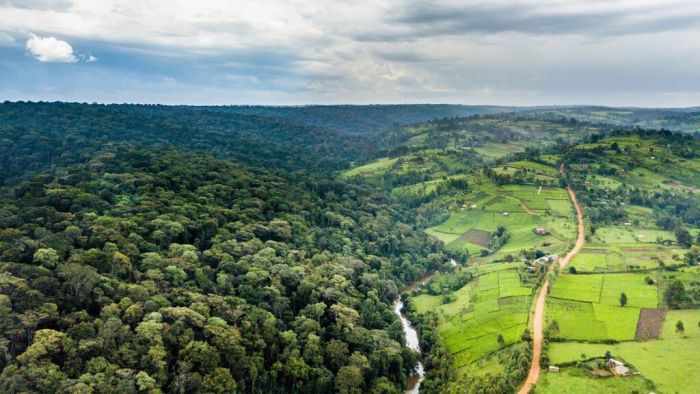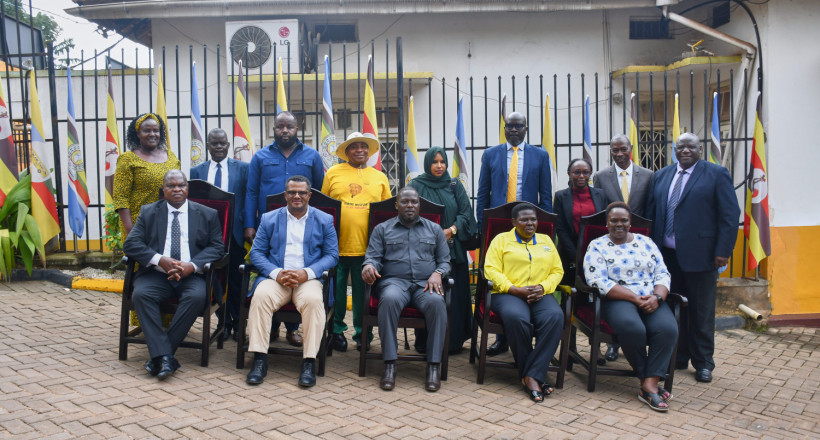In a recent decision, the Environment Court extended the ban on logging in Kenya. The Law Society of Kenya (LSK) brought a legal challenge against President William Ruto’s decision to lift the ban, which had been in place since 2018.
The LSK filed a lawsuit to contest the decision to lift the logging ban in July 2023, leading to a temporary suspension of the decision by the court.
The court ruled that the lifting of the logging ban had occurred without sufficient public disclosure of information and the absence of public participation. As a result, Justice Oscar Angote also issued an injunction preventing the government from granting logging licenses, with the exception of 5,000 acres of land containing mature trees.
President Ruto had lifted the ban, arguing that it had negatively affected Kenya’s economy, particularly in areas where logging was a significant source of livelihood. He stated that the move aimed to create jobs for the youth and stimulate business growth while assuring that it would not harm the country’s water catchment areas. The administration also pledged to plant 15 billion trees over the next decade.
While the government had asserted that Kenya possessed 26,000 hectares of mature and over-mature forest plantations, Justice Angote’s decision permits tree felling on only 5,000 acres.
LSK argued before the Environment Court that there was a lack of scientific evidence or research to justify lifting the ban. They also contended that there had been no specific environmental impact assessment or public participation in the decision-making process leading to the ban’s removal.
The former administration had initially imposed the ban to support the country in meeting its climate change objectives. Since the implementation of the logging ban, Kenya has experienced a consistent increase in forest cover, rising from 5.9 percent in 2018 to 8.83 percent in 2022.




















